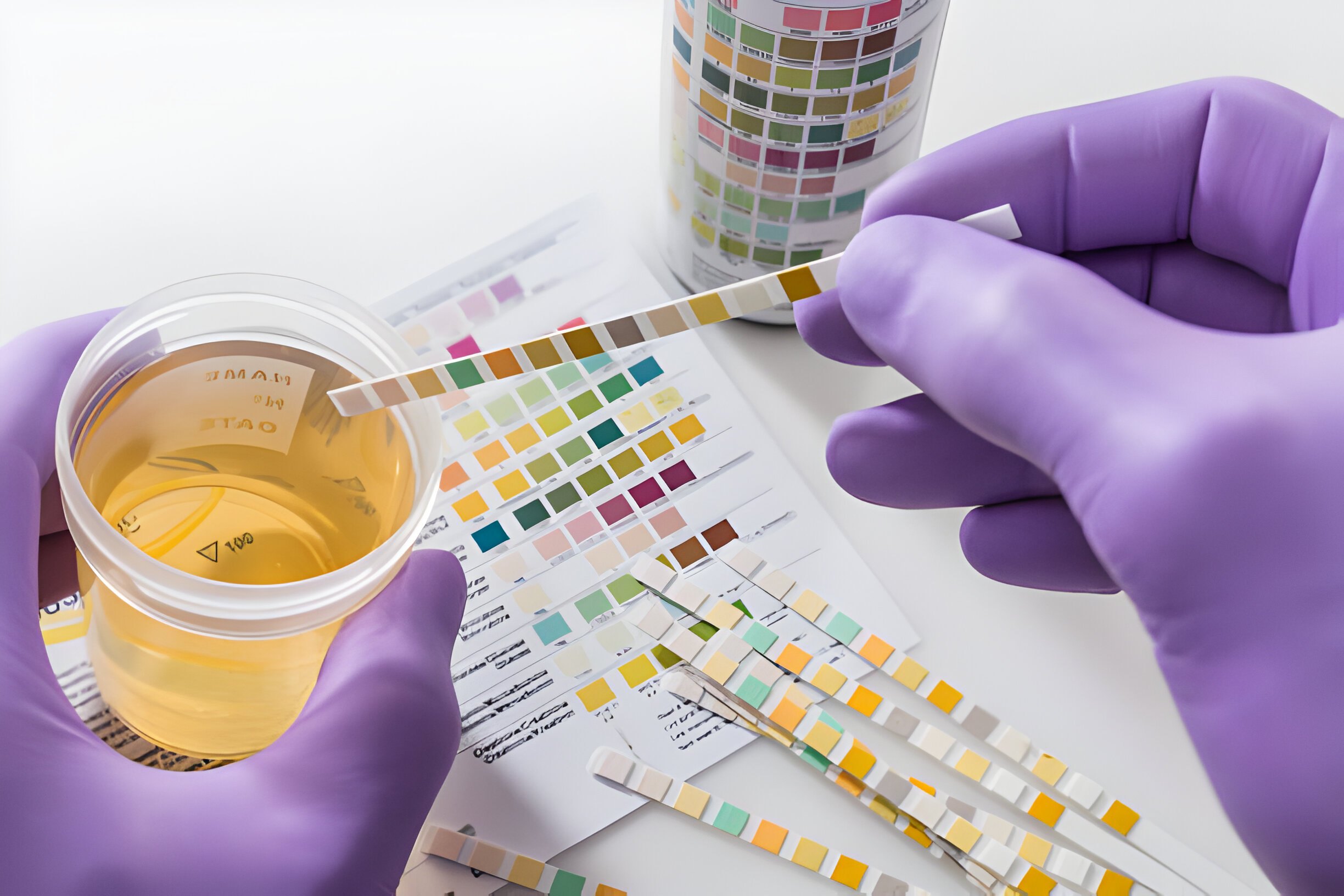
Importance of Employee Drug Testing in Workplace Safety
Drug testing in the workplace is a critical component of ensuring safety, productivity, and a healthy work environment. Employers implement drug testing policies not only to comply with legal regulations but also to protect their employees, customers, and the organization as a whole. In this blog post, we'll delve into why employee drug testing is so crucial and how it contributes to workplace safety.
Enhancing Workplace Safety
Workplace safety is a top priority for any organization. Employees under the influence of drugs or alcohol pose significant risks to themselves and others. Industries such as manufacturing, transportation, healthcare, and construction rely heavily on vigilant and alert workers to prevent accidents and maintain operational integrity. Drug testing helps identify and deter employees who may be impaired while on duty, thereby reducing the likelihood of accidents, injuries, or errors that could have severe consequences.
Promoting a Drug-Free Environment
A drug-free workplace promotes a culture of responsibility and accountability among employees. By implementing drug testing policies, employers send a clear message that substance abuse is incompatible with their organizational values. This proactive stance not only discourages drug use but also encourages employees to prioritize their health and well-being. A drug-free workplace can lead to higher morale, increased productivity, and a stronger sense of trust among coworkers.
Legal and Regulatory Compliance
Many industries are subject to specific regulations concerning drug testing. For example, the Department of Transportation (DOT) mandates drug and alcohol testing for safety-sensitive positions such as truck drivers and pilots. Compliance with these regulations is not only a legal requirement but also essential for maintaining licenses, certifications, and insurance coverage. Employers must stay informed about industry-specific guidelines and ensure their drug testing policies align with legal standards to avoid penalties or liabilities.
Mitigating Risks and Liabilities
Employers have a duty to provide a safe working environment for their employees. Failure to identify and address substance abuse issues can lead to increased risks, liabilities, and potential legal actions. Drug testing serves as a preventive measure by identifying employees who may need assistance with substance abuse issues early on. This proactive approach allows employers to intervene, provide support resources, and potentially mitigate risks associated with workplace accidents or incidents related to substance abuse.
Building Trust and Accountability
Implementing a fair and consistent drug testing policy demonstrates fairness and transparency in the workplace. Employees understand that everyone is held to the same standards, fostering a culture of trust and accountability. Clear communication about the purpose and procedures of drug testing helps alleviate concerns and ensures that employees feel valued and protected.
Detecting Impairment Early
Drug testing helps identify employees who may be impaired by drugs or alcohol before they can cause harm in the workplace. Early detection allows employers to intervene and provide support, potentially preventing accidents or injuries.
Protecting Company Reputation
A workplace with a reputation for safety and responsibility attracts top talent and retains valuable employees. Drug testing demonstrates a commitment to maintaining high standards of safety and professionalism, which can enhance the company's reputation in the industry and among clients.
Complementing Health and Wellness Programs
Drug testing can be part of a broader health and wellness initiative aimed at promoting employees' overall well-being. By addressing substance abuse issues, employers support employees in maintaining healthier lifestyles and reducing personal and professional risks.
Meeting Industry Standards and Requirements
Many industries have specific standards or regulatory requirements for drug testing. Compliance with these standards is crucial for maintaining licenses, certifications, and contracts. Drug testing ensures that employees meet the necessary qualifications to perform their duties safely and responsibly.
Preventing Workplace Incidents and Accidents
Substance abuse is a significant factor in workplace incidents, accidents, and near misses. Drug testing helps reduce these risks by deterring employees from using drugs or alcohol while at work and by identifying those who may pose a safety hazard due to impairment.
Supporting Employee Well-Being
For employees struggling with substance abuse issues, early intervention through drug testing can be a lifeline. It provides an opportunity for employers to connect employees with resources such as Employee Assistance Programs (EAPs) or counseling services, fostering a supportive environment for recovery.






